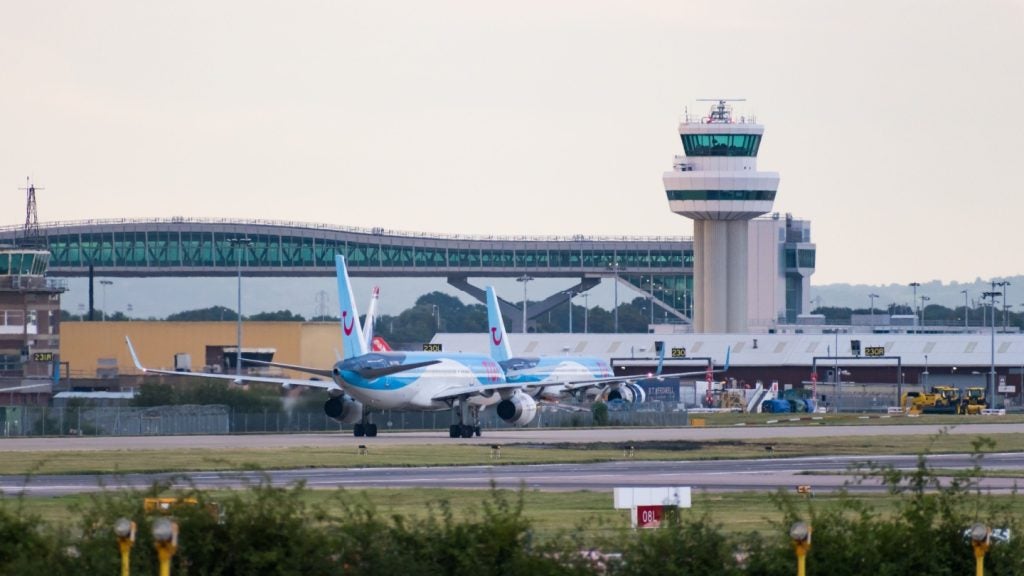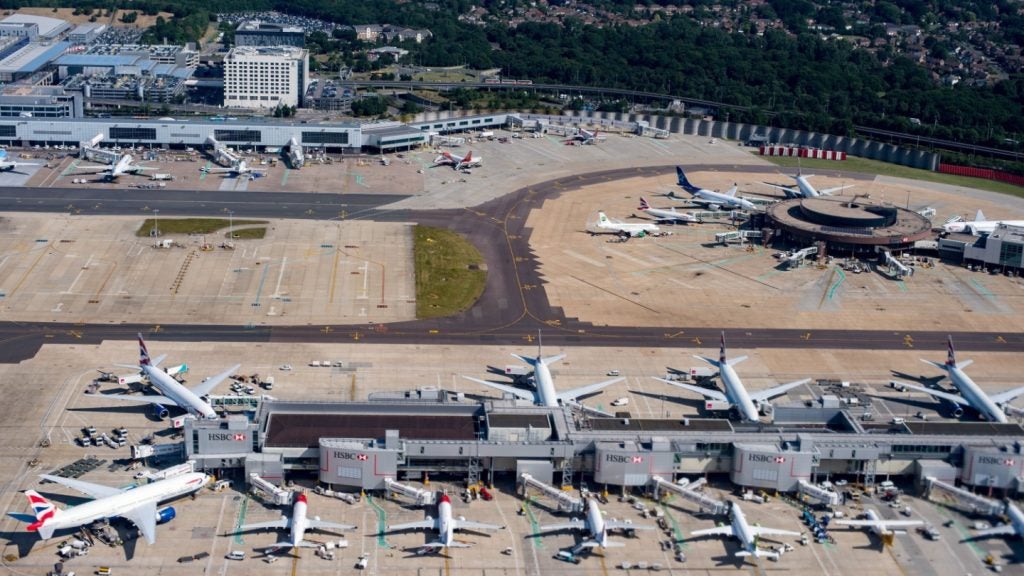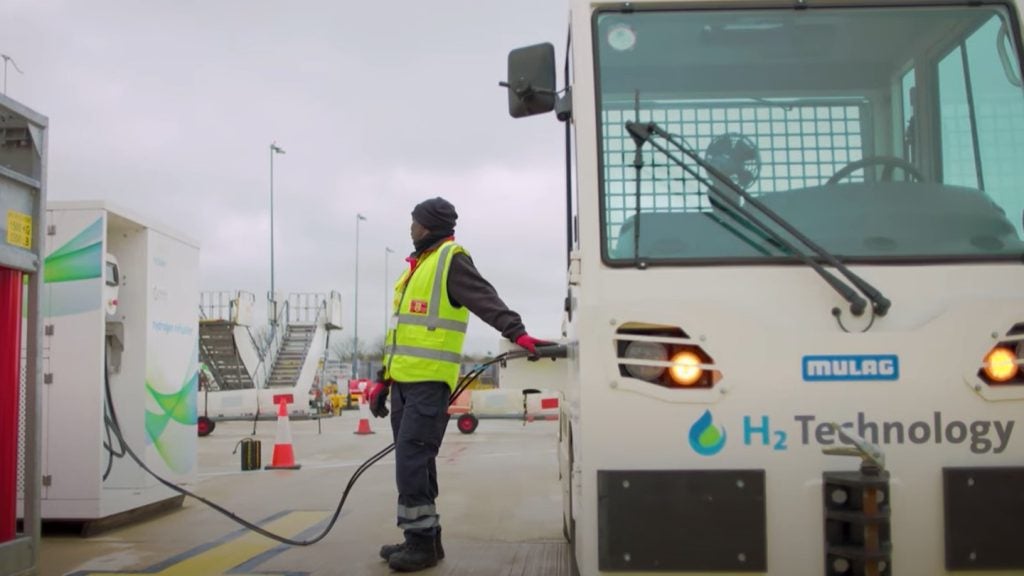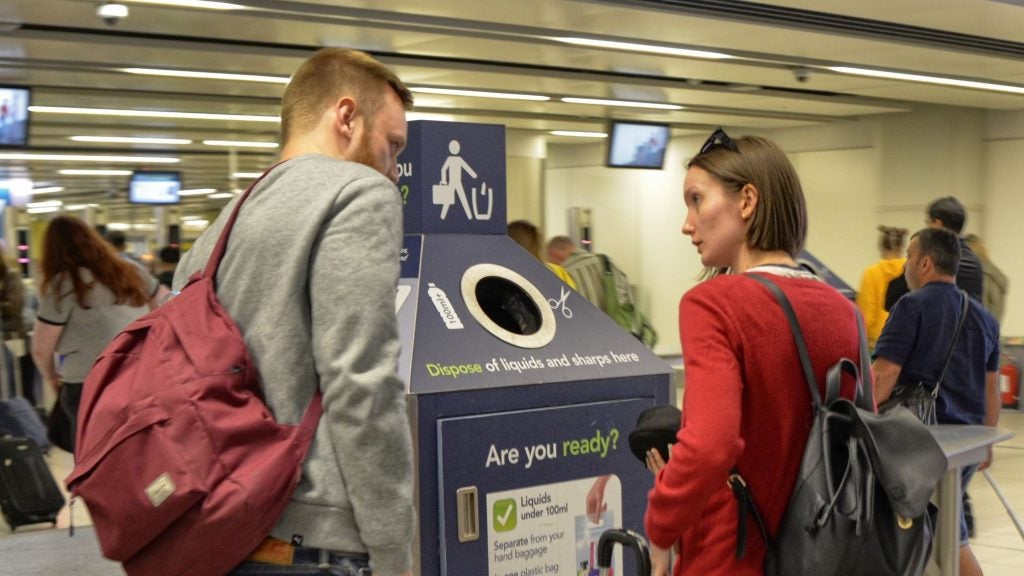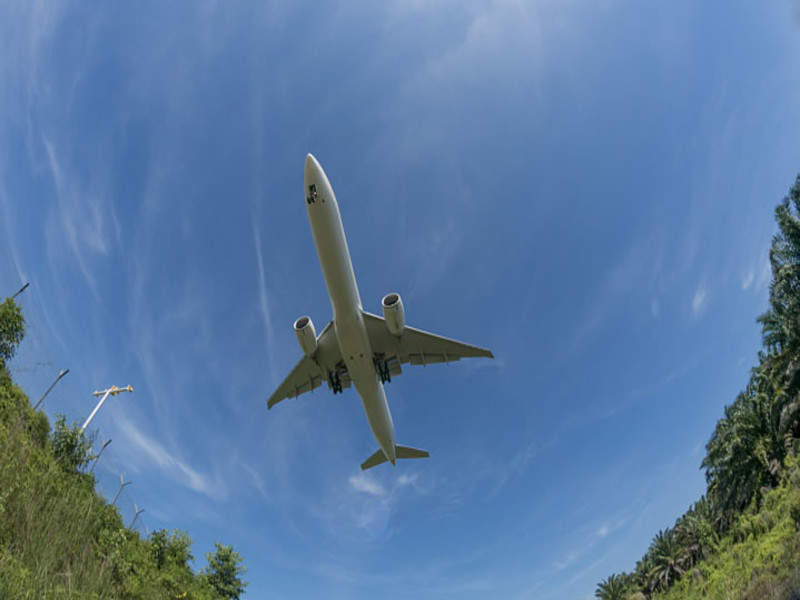

A report by air traffic services provider NATS has revealed that improvements to the design of UK airspace resulted in it saving 55,900t of CO² last year.
The findings were part of NATS’ annual Responsible Business report, published earlier this month.
Other highlights of the report include certification for environment management against the international standard ISO 14001 for two UK airport towers, as well as another rise in the number of quieter flight descents into the country’s airports.
NATS Environmental & Community Affairs head Ian Jopson said: “Our enduring goal is to deliver a safe and efficient air traffic system that provides real value to its users and, above all, a system that operates effectively while limiting and where possible reducing its environmental impact.”
The service provider noted that several airspace improvements have been accomplished at higher levels to make routes more direct and vertically efficient.
See Also:
In addition, speed control measures have been introduced to slow aircraft down en-route in a bid to avoid holding in congested areas that are close to airports.
How well do you really know your competitors?
Access the most comprehensive Company Profiles on the market, powered by GlobalData. Save hours of research. Gain competitive edge.

Thank you!
Your download email will arrive shortly
Not ready to buy yet? Download a free sample
We are confident about the unique quality of our Company Profiles. However, we want you to make the most beneficial decision for your business, so we offer a free sample that you can download by submitting the below form
By GlobalDataThese measures resulted in airline fuel savings equivalent to about £6.2m.
NATS has reportedly set a voluntary target to achieve a 10% reduction in ATM emissions by 2020 through various initiatives, such as continuous descent approaches, cross-border arrival management, time-based separation and flexible use of airspace.
Following the invitation by the International Civil Aviation Organization (ICAO), NATS is set to lead a task force developing performance-based navigation, as well as new technology aimed at mitigating noise impact on individual communities.
Image: NATS has a stated target of a 10% reduction in ATM-emissions by 2020. Photo: courtesy of NATS.



